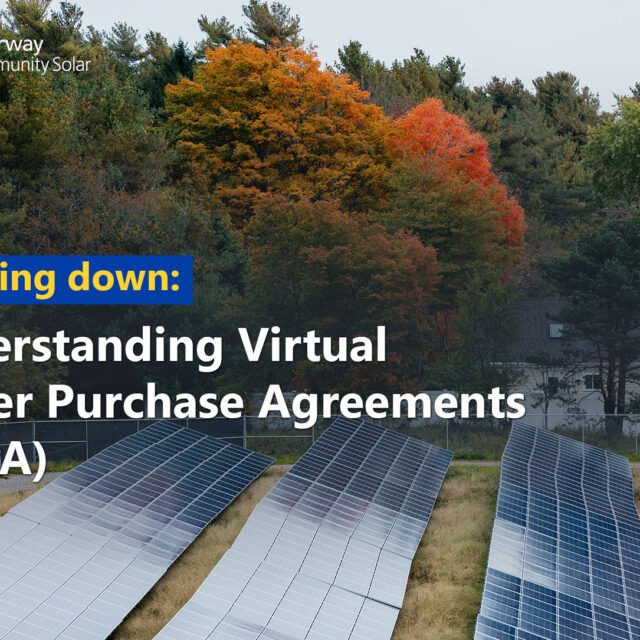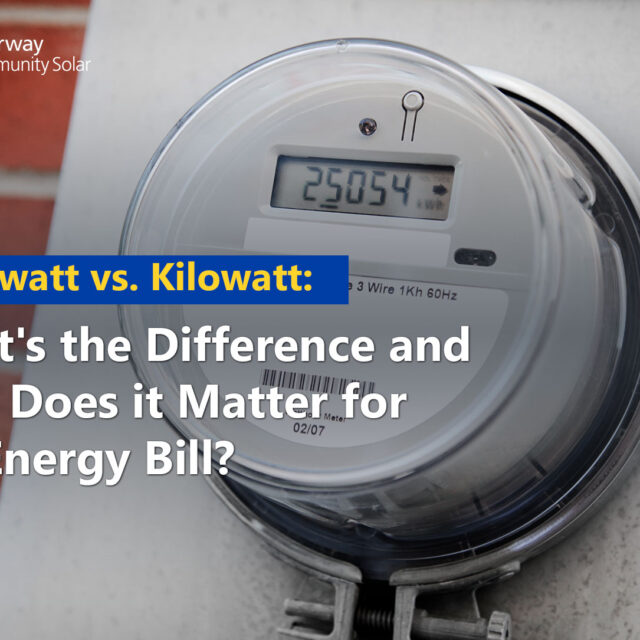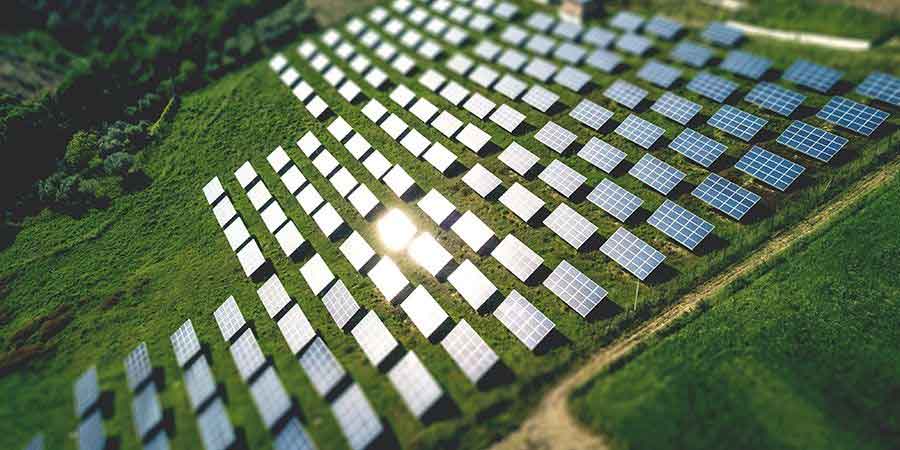
Finished basements can add extra living space to your home. Ensuring it gets plenty of use, though, can be challenging. Basements are notorious for being damp, dark and musty, so it is important you take appropriate steps to make the room inviting and safe for your friends and family. Although it may be tempting to just plug in a dehumidifier and add lots of lights, if you focus on creating an energy efficient basement you will enhance the living space while also lowering your utility bills.
Properly Insulate And Keep It Dry
When you solve the issue of excess moisture in the basement, you will also improve air quality and cut down on wear and tear of furniture, carpet and other items in the basement. Consistently moist conditions in the home can lead to mold growth and fungus on the carpet and on the walls. Some of the primary causes for moisture inside basement walls aside from flooding, include inadequately installed gutters and downspouts; cracks around the foundation that let in water and humid air; unvented clothes dryers; and, poorly sealed windows. Once the moisture issues are fixed, maintaining appropriate humidity levels becomes easier. Following are some energy efficient options for keeping the humidity levels comfortable in your basement:
Whole-Home Humidity Control System. If your basement is connected to the rest of your house through ductwork and in-home entry, the best way to manage humidity levels is by installing a whole-home humidity control system directly to your HVAC system. The dehumidifier/humidifier works with the air-conditioning and heating system to maintain an appropriate temperature and moisture level in the entire house.
Check the Insulation. A poorly insulated basement can let in pests, can leave your basement floors cold in the winter, and the room unseasonably hot or cold, leading to higher energy bills. Contact a professional to have the crawl space, basement, and attic, while they’re at it, checked for proper insulation levels.
Use Exhaust Fans in Bathrooms and Vent the Dryer. Exhaust fans should be used during showers to funnel the moist air outside instead of having it settle into the house. Merely opening a window is not an ideal solution and can actually bring in more moisture. Install an ENERGY STAR rated fan that comes with a humidity sensor and timing switch that allows easy control and limits excess usage.
Also, make sure to vent the clothes dryer to the outside. You don’t want the moisture that is removed from the clothes as they dry coming right back into the basement.
Use Portable Fans, Heaters and Dehumidifiers
When family or friends spend more time in the basement than in the rest of the house, adjust the main thermostat to limit cooling or heating the entire house. Set the thermostat up or down a couple degrees and use ceiling fans, and portable fans or heaters as a supplement to keep the room comfortable.
These options can make a difference to your bills. According to industry experts, just a one-degree change in the thermostat can result in a two percent savings in costs.
On occasion, you may need to use a single-room dehumidifier in the basement to remove humidity. Dehumidifiers are especially useful when people sleep in the basement, but the rest of the house is comfortable. The thermostat, which controls the whole-house humidifier, can be set to accommodate the rest of the house while the basement benefits from the portable dehumidifier.
Install Energy Efficient Basement Windows
Think green when it comes time to determine what type of lighting is best for the basement. The most energy efficient lights for the house are energy saving fluorescent lights, or LED house lights. Energy-efficient light bulbs use about 25%-80% less energy than traditional bulbs and last 3-25 times longer. Of course, don’t forget to turn the lights off when you leave the basement as another great way to save on your energy bill.
Brightening up the basement can also be accomplished with natural light and a lighter color paint. Just be sure to install energy efficient basement windows. Lighter colored walls can reflect the light instead of absorbing it. If there are not adequate windows in the basement, consider using solar tubes to channel sunlight into the basement. “Sun tubes” are an energy-efficient, green solution to bring natural light into the basement.
Limit Drafts From The Basement Space
Even with good basement insulation, the temperature may vary from the main floor. Remember to close the door from the basement into your house. The thermostat on the main level of the house will need to adjust as cool air from the basement enters the house in the winter, or the humidity rises in the summer. Add weather-stripping around the door to limit drafts. Doors leading from the basement outside, should also be tightly sealed to keep out air and moisture.
Looking For Other Ways To Increase Energy Efficiency?
Decreasing energy use in your home is a great way to lower your impact on the environment. Did you know that you can do even more by using renewable energy resources like solar? Learn more about how you can make an even bigger environmental impact – no solar panels required.









